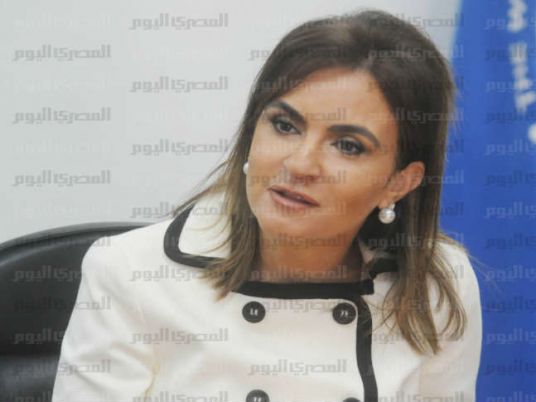
International Cooperation Minister Sahar Nasr signed on Sunday three agreements of cooperation with Abdel Wahab Badr, general director of the Kuwait Fund for Arab Economic Development at a value of LE1.25 billion (US$135 million).
The agreements included two grants to support Syrian refugees, establish a solar energy station with capacity of 1,000 megawatts and a factory to produce solar energy panels, in addition to a fund to carry out a project of desalination of seawater east of Port Said.
Nasr said she "focused that the projects funded by these agreements have the biggest developmental and social impact through improving the services offered to citizens, providing jobs and improving the infrastructure to boost the local and foreign investments.”
She added that around 500,000 persons will benefit from the agreements.
The first agreement, according to Nasr, is a grant from the Kuwaiti fund to contribute to a water desalination station with capacity of 150,000 cubic meters per day. The work on the project will start at the beginning of 2017. Construction will end in 2019.
The project is the second to be financed by the Kuwaiti fund. The first involved the establishing of five desalination stations in South Sinai, funded with around US$100 million.
The second agreement is for a fund to finance several projects in the sectors of health, sanitation, removal of solid waste, water and drainage in areas which have a high number of Syrian refugees especially in Cairo, Giza, Alexandria and Damietta.
Funds allocated to health projects are estimated at around US$ eight million, while funds allocated to water and drainage projects reach around US$ six million.
Projects of sanitation and removal of solid waste will get only US$ one million.
“It has been agreed that we will carry out a project that raises the quality of services in areas that have a high density of Syrians in Giza,” Nasr added.
The third agreement is a grant to finance technical and economic feasibility studies for two projects.
The first one is establishing a solar energy station at capacity if 1,000 megawatts and the second is establishing a plant to produce solar energy panels (silica).
The projects come within the national labs to develop the solar energy sector in Egypt, thus contributing to the renewable energy by 20 percent in 2020.
Edited translation from Al-Masry Al-Youm




